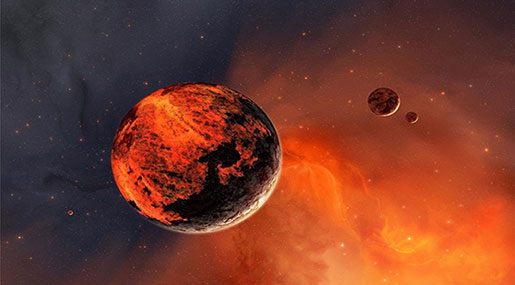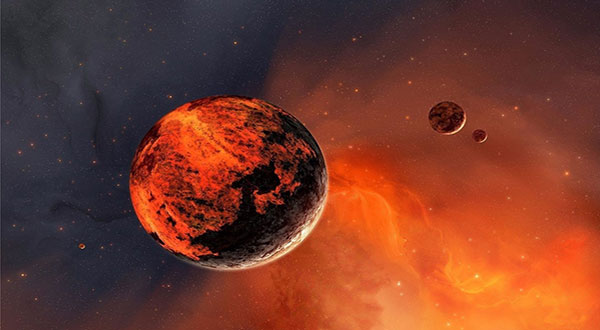
Scientists Conclude Martian Climate ‘Too Hostile’ to Sustain Life

Local Editor
The latest findings from French scientists suggest that the punishing Martian climate is simply too hostile "for any life" to thrive on the surface of the Red Planet.

Using data obtained by NASA's Phoenix Mars Lander, Mars Reconnaissance Orbiter and Mars Global Surveyor, French scientists have determined that nocturnal conditions on Mars lead to instability in low-lying clouds which results in violent snowstorms that bombard the planet's surface with small ice particles within minutes.
Commenting on this discovery, Dr. Aymeric Spiga, study lead from the University Pierre and Marie Curie, told Radio Sputnik that "Mars is not supposed to be habitable."
"The conditions on Mars are too hostile for any life to appear," the researcher stated.
He pointed out that scientists were aware of snowfalls occurring on Mars for quite some time, and that the key finding made by his team was the fact that this weather phenomenon actually takes the form of a furious blizzard.
"What we found here is a very efficient way for water particles to be precipitating on Mars, so we have a lot of implications for the understanding of the water cycle and of the climate of Mars. So we will have to revise our understanding of the distribution of water vapor in the atmosphere of Mars," Spiga said.
The scientist also pointed out that his team's study will also be very important for future missions to Mars - both manned and unmanned.
"Unlike the blizzards on Earth, which can be very dangerous, these snowstorms on Mars won't be that dangerous because the atmosphere of Mars is so thin. Now, it is very difficult to land spacecraft on Mars, and it will also be very difficult to have a flying device in the atmosphere of Mars, so for future human and robotic exploration of Mars we need to have the greatest knowledge possible of the atmospheric processes like winds and precipitation on Mars," he said.
Spiga further noted that now his team has managed to discover this new Martian weather phenomenon, they need to study it in detail and "to characterize the diversity of it."
Furthermore, the researcher explained that their work might also help discover what climate Mars had in the past and how it evolved into its current state.
Source: News Agencies, Edited by website team
Comments
- Related News



